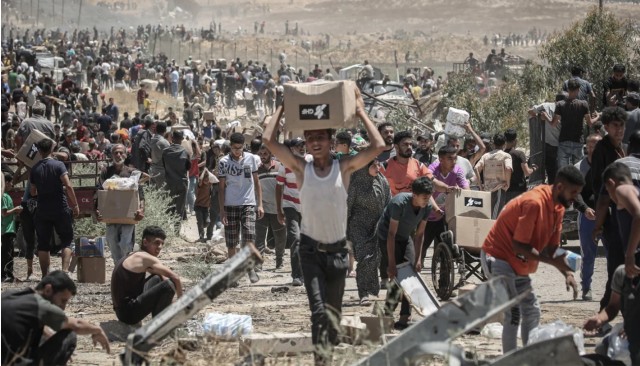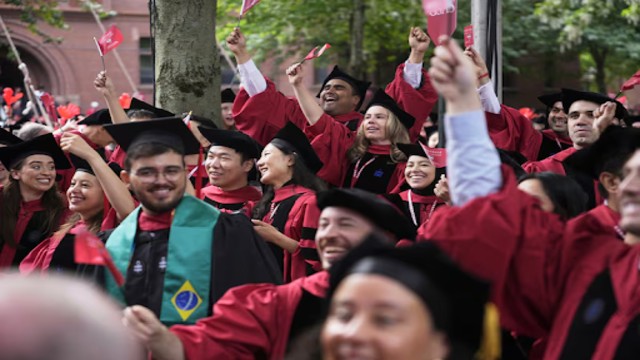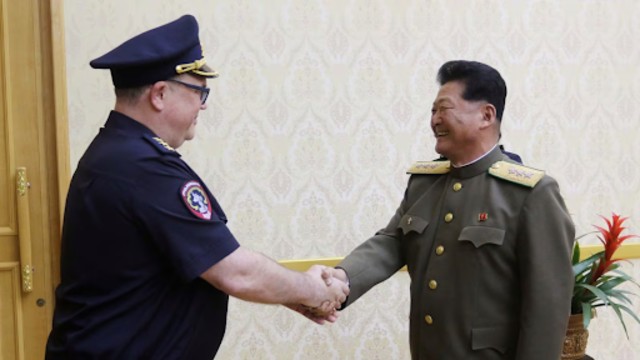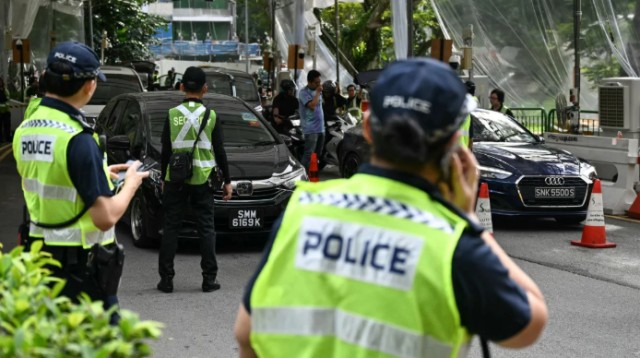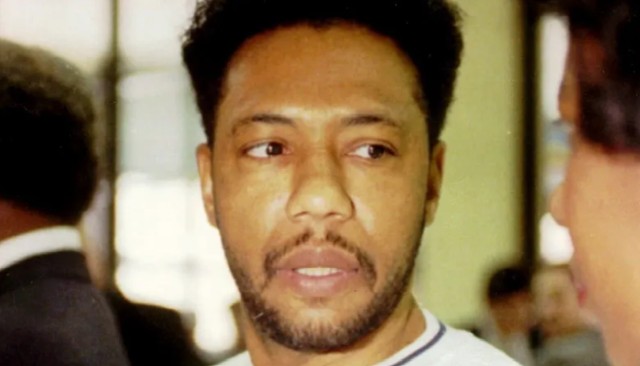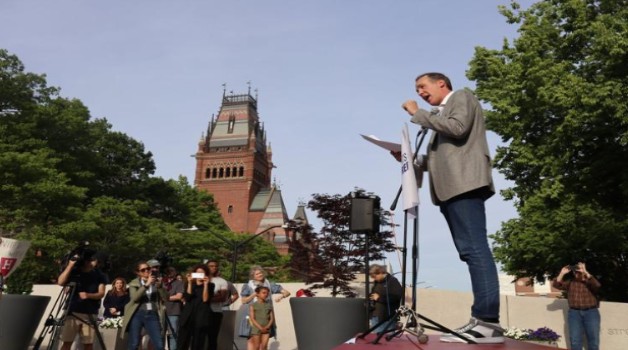
Ryan Enos, a government professor at Harvard University, speaks at a protest against President Donald Trump’s recent sanctions against Harvard in front of silent center plaza on Tuesday, May 27, 2025, in Cambridge, Mass (AP Photo)
Secretary of State Marco Rubio has announced a new visa policy targeting Chinese students in the United States. Under this move, the U.S. will begin revoking visas for Chinese nationals studying in fields considered “critical” or having links to the Chinese Communist Party (CCP).
Growing Scrutiny on Chinese Influence in Academia
The decision follows increasing concern over China's presence in American higher education. Lawmakers and national security officials argue that U.S. research institutions are being exploited. They believe Chinese students and partnerships with Chinese universities could be backdoor channels for intelligence gathering.
Rubio emphasized that the policy aligns with the Trump administration’s goal of protecting national interests. He said the State Department will coordinate with the Department of Homeland Security to implement visa revocations aggressively.
China a Major Source of Foreign Students in the US
China remains the second-largest source of international students in the U.S., with over 270,000 Chinese students during the 2023–2024 academic year. They account for nearly 25% of the international student population, a key contributor to U.S. college revenue.
Despite this, the Chinese Embassy in Washington offered no comment when asked about the announcement.
Visa Crackdown Worsens Student Uncertainty
This new visa crackdown adds to the growing anxiety among international students. In recent months, the Trump administration has also detained and attempted to deport students involved in campus protests.
Additionally, thousands of international students previously faced sudden policy reversals that stripped them of their legal status, only to have it reinstated with stricter conditions.
For many, like Vladyslav Plyaka, a University of Wisconsin student from Ukraine, the uncertainty is paralyzing. He had planned a trip to Poland to renew his visa but now fears he won’t be able to return.
“I just want to finish my degree and head back home,” he said.
Harvard and Other Universities Under Fire
The Department of Homeland Security recently accused Harvard of coordinating with the CCP and training Chinese paramilitary personnel. This led to a temporary block on international student enrollments at the university, though a judge has placed the action on hold pending a lawsuit.
President Trump criticized Harvard for its high percentage of international students, suggesting it should reduce their numbers to 15%. He claimed that some foreign students “don’t love our country” and could be security threats.
Harvard, which relies on international students for both cultural diversity and revenue, has pushed back strongly.
Shift in Visa Vetting Process
The government also announced plans to tighten visa scrutiny for applicants from China and Hong Kong. Since 2019, applicants have been required to share social media handles. Now, deeper reviews and potentially resource-heavy checks are expected.
This additional layer of vetting could discourage students from applying to U.S. universities.
Jonathan Friedman of PEN America said the policy could erode the U.S.'s role as a leader in global academic exchange. “The U.S. has always been a beacon for intellectual freedom. That reputation is at risk,” he warned.
Educational Ties with China Are Being Cut
Even before Rubio’s announcement, universities were already feeling the pressure. Eastern Michigan University confirmed it has ended engineering partnerships with two Chinese universities. The change came after pressure from House Republicans concerned about Chinese influence.
Rep. John Moolenaar, chair of the House Select Committee on the CCP, has urged several institutions to cut similar ties.
Colleges Brace for Impact
Northeastern University, which enrolls more than 20,000 international students, has developed contingency plans for those facing visa issues. A university spokesperson said they are monitoring developments closely.
As international student enrollment continues to face political headwinds, U.S. universities may need to rethink their global engagement strategies.
The government’s crackdown signals a renewed focus on controlling foreign influence in academia — especially from China. The coming months will likely see more policy shifts and intensified screening of students and researchers.



